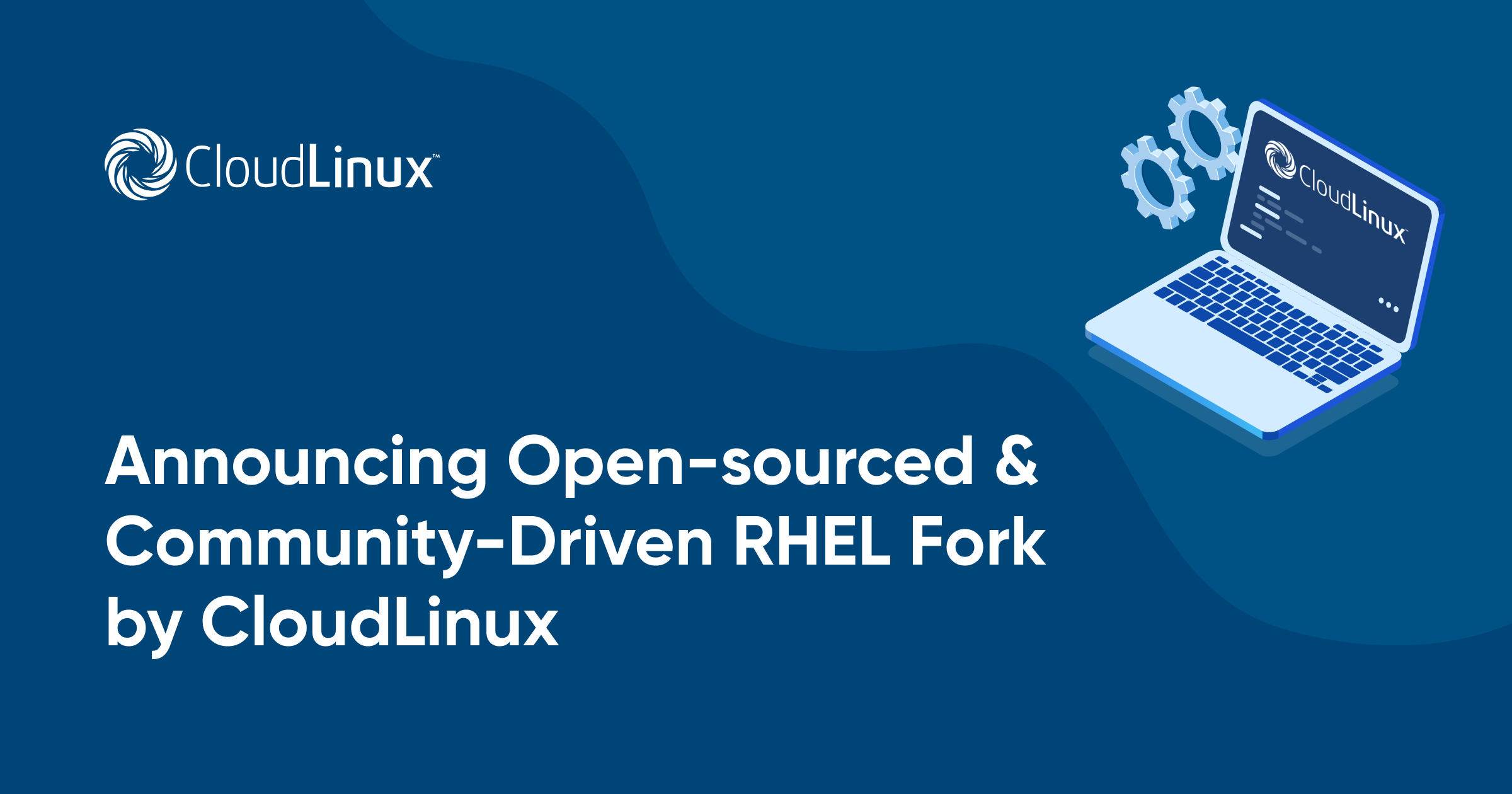In theory, CentOS Stream should really not be that significantly different from CentOS 8 up until the end of 2021. This is because Stream will be just slightly ahead of RHEL, whereas CentOS 8 will be just behind it, but the patches going to each will be the same in the end, just with CentOS 8 getting them slightly slower than Stream, and therefore presumably CentOS 8 will be slightly more stable. The stability differences come from this: in the event an update proves unstable, CentOS 8 will have never seen it, while CentOS Stream might see it (ie: if it's not detected in the pre-Stream beta phases).
If reality reflects that theory then those of us with CentOS 8 Plesk boxes have two choices:
1. Switch to Stream at some point before the new CentOS 8 EOL date in 2021, with the caveat of it *possibly* being less stable long-term.
2. Switch to one of the newly announced projects: CloudLinux's new free OS or Rocky Linux (best case they find a way to merge the two and we get a great open source team mixed with solid financial backing).
And the only things holding up that transition are:
1. Plesk deciding which project to throw their support behind (perhaps they'll support all of the new options?)
2. Testing, lots of testing.
I'm curious
@danami what makes you say Plesk would have to make a lot of changes to support CentOS Stream when it really shouldn't be that significantly different from CentOS 8 for the next year.
Though I do agree that Plesk might choose to throw their weight behind Rocky or CloudLinux over Stream if only because their support team might end up with less OS bugs to deal with when supporting Plesk on an RHEL downstream project (CL,Rocky) rather than upstream (Stream).



